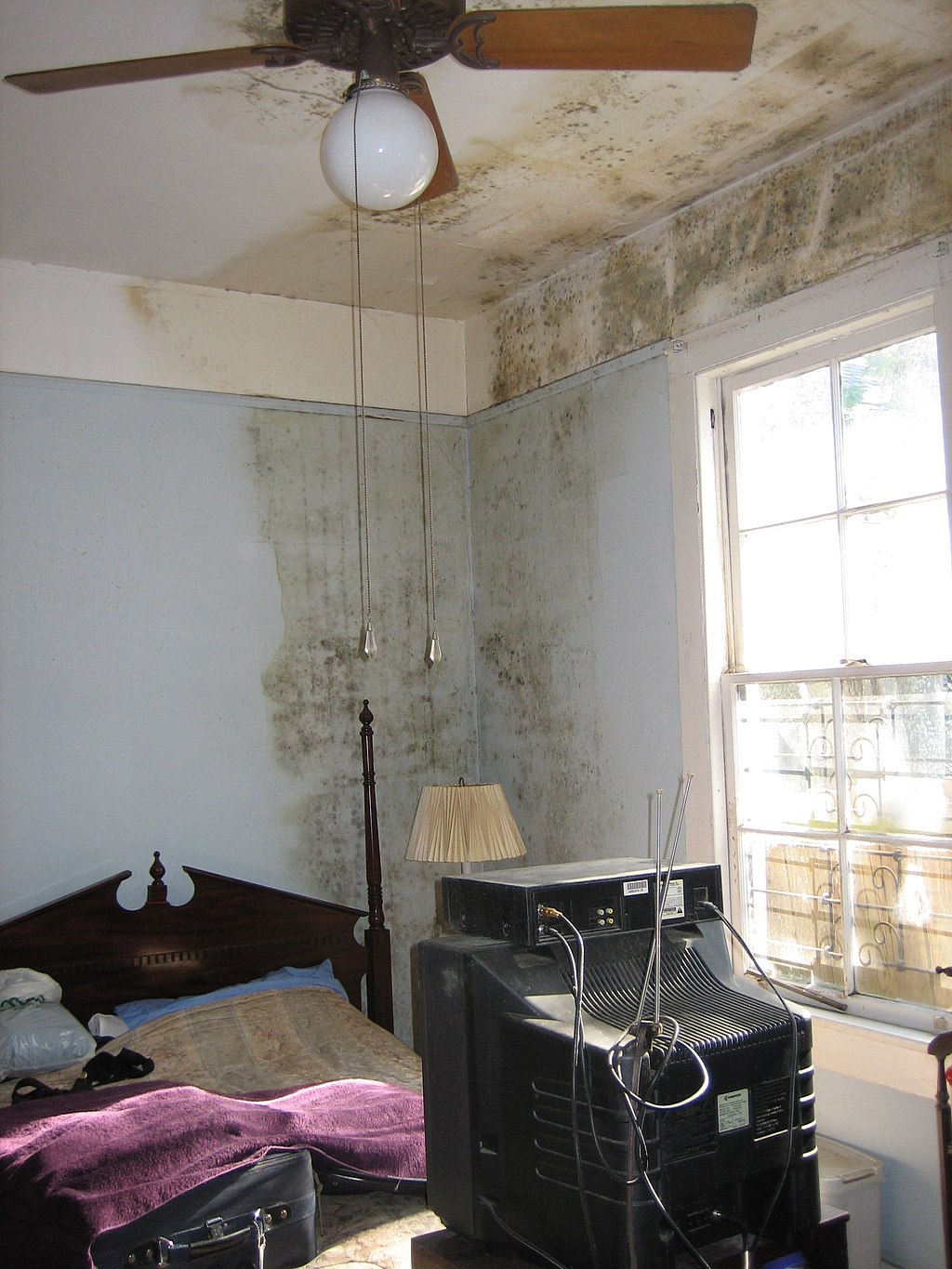Mold is a problem that can affect any area of the home. From your bathroom to your kitchen, mold can grow in just about any location if it has access to moisture and sunlight.
If you see mold growing on a wall or floorboard, then there’s a good chance that there is water damage somewhere in the room.
If you have a water leak that has led to the proliferation of mold in your home, contact san diego water damage restoration.

Unfortunately, many homeowners don’t know whether or not insurance will cover their mold removal costs because mold damage is an unknown situation for most people.
The good news is that if you have coverage on your home, you will most likely get coverage for mold removal and other cleanup efforts.
This coverage includes small leaks found in sinks, toilets, faucets, dishwasher hoses, or any other fixture that can lead to a leaky pipe under the sink or behind walls.
Your insurance company may also help cover costs if there is a leak in the roof or another problem with the structural integrity of your home.
While most homeowners think that mold coverage by insurance companies is rare, they can be found as long as you have an active policy on your house.
Insurance will typically cover both incurable and curable claims for property damage from water-related disasters, including floods, ice dams, sewage backup, to relatively common dishwasher overflows.
Read Also:
If your claim is denied by the insurance company, then there are a few steps that you can take to fix this.
The first thing that you want to do is make sure that all of the information on your policy matches up with what they’re denying coverage for before continuing down this course of action.
The next step would be contacting the law firm that the insurance company has recommended. If you don’t know who to contact, then simply call your agent and ask them for a recommendation.
If, after speaking with this law firm, there is still no success in getting coverage for mold removal, then it’s time to talk directly to the claims adjusting department of your insurer. This can be done by calling them or writing an email.
In most cases, once you have spoken to someone in the claims department and got approval for coverage on your mold removal costs, they will send out a restoration company so that you don’t need to worry about this anymore.
If you’re worried about a mold problem in your home or business, then there are simple ways to remove the mold from surfaces and prevent it from coming back again.
The first thing is to find where the water leak is coming from so that you can get it repaired. You’ll also want to make sure the area is dry and then use a good cleaner like Lysol on all surfaces in order to remove mold spores.
If there are any signs of structural problems or if the leak was caused by something more than just water, you should immediately contact an expert for the best possible solution.
The next step is to prevent mold from coming back into your home:
In order to prevent mold growth in your home, it’s important that you keep all surfaces and areas damp-free.
This includes cleaning up any water spills as quickly as possible so that they don’t have a chance to grow into mold. If there is moisture or humidity present, then there is a high chance that mold will grow.
If your home has an open basement, then it’s a good idea to invest in some flood insurance that will cover damage from the water that’s seeping through the walls.
In addition to controlling moisture, you should also make sure there is plenty of ventilation in your home.
If you’re not running a fan or air conditioning at night and during the summer months, then it may be necessary for you to invest in dehumidifiers – they can help keep your home from getting too humid.